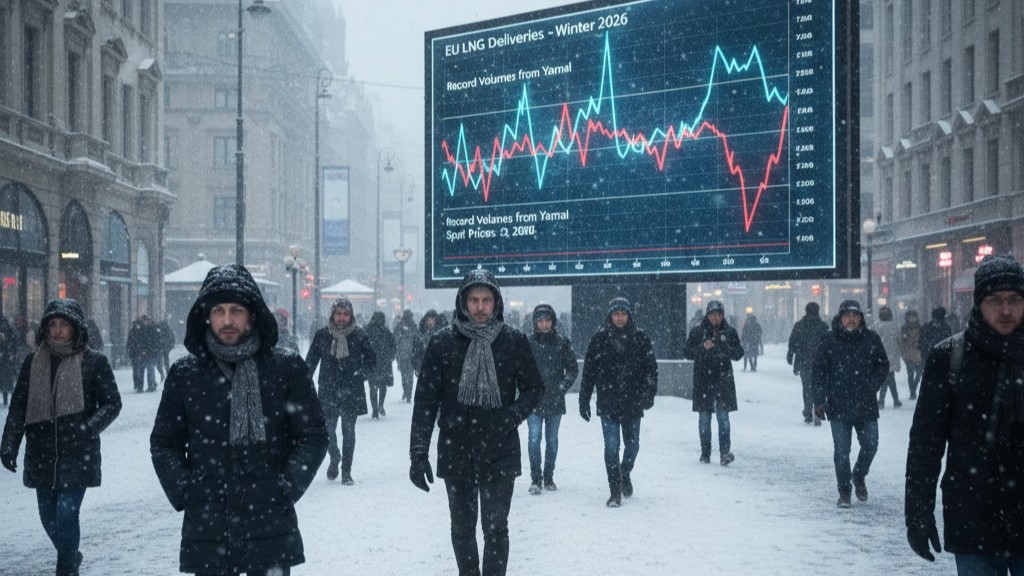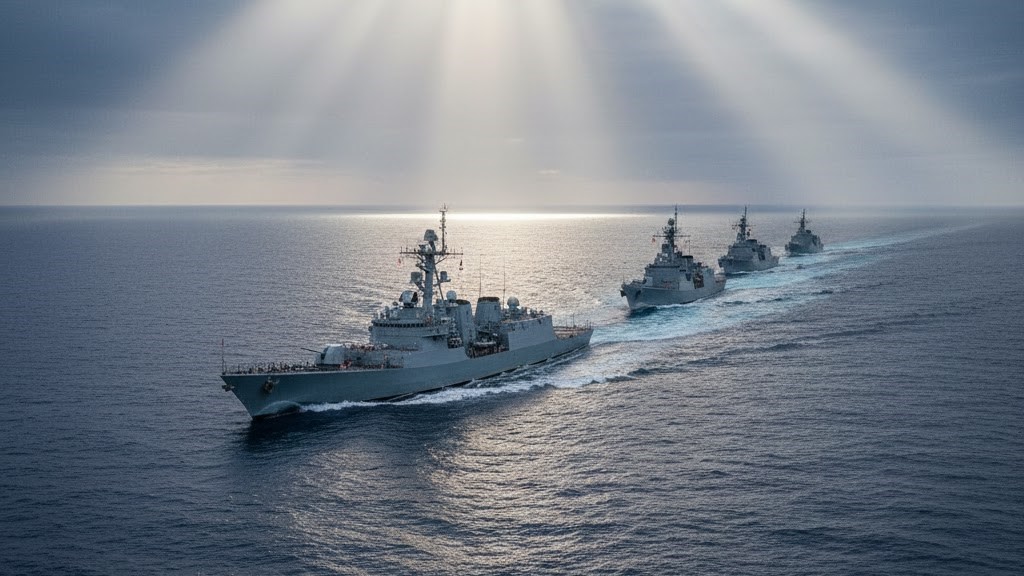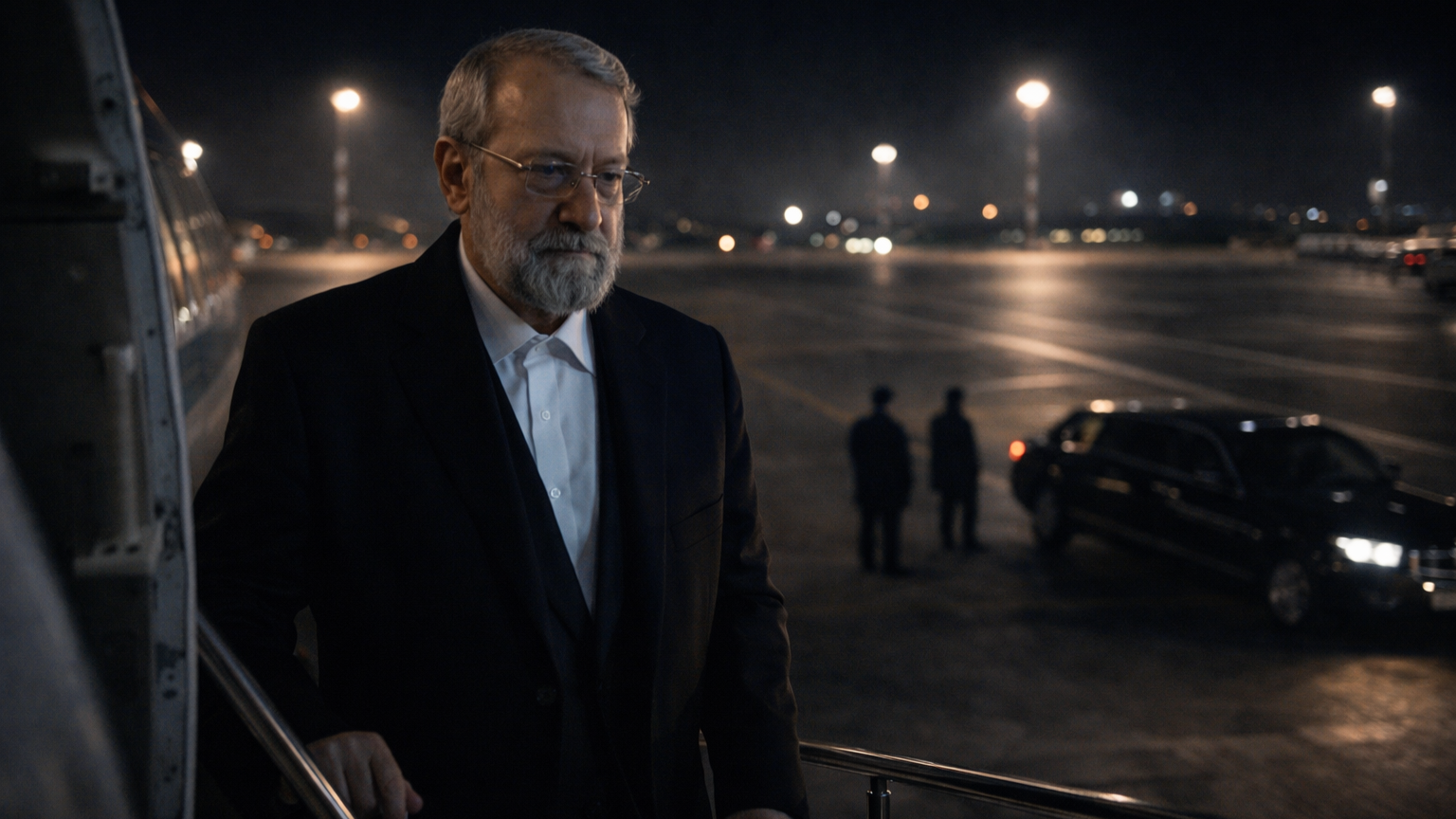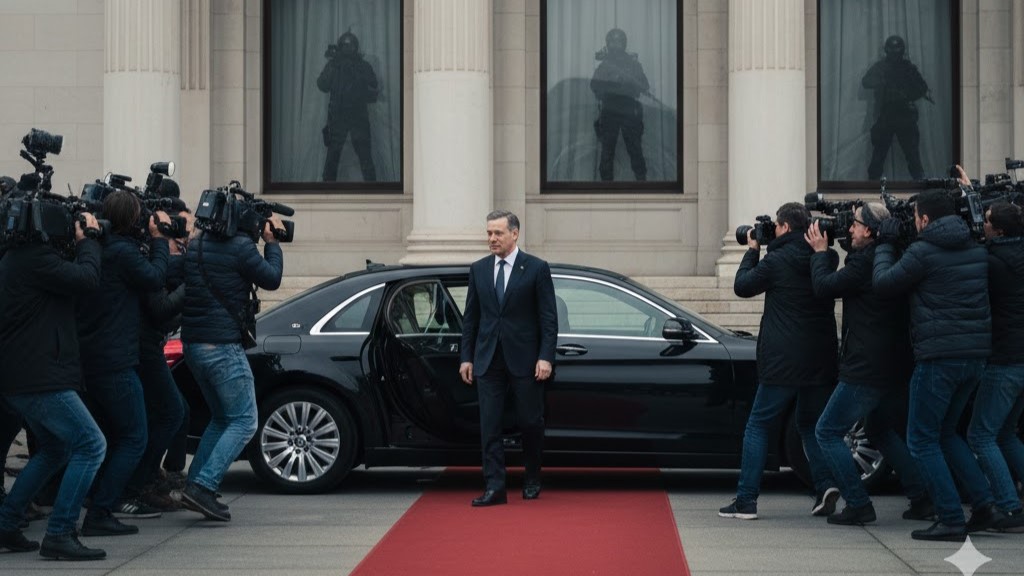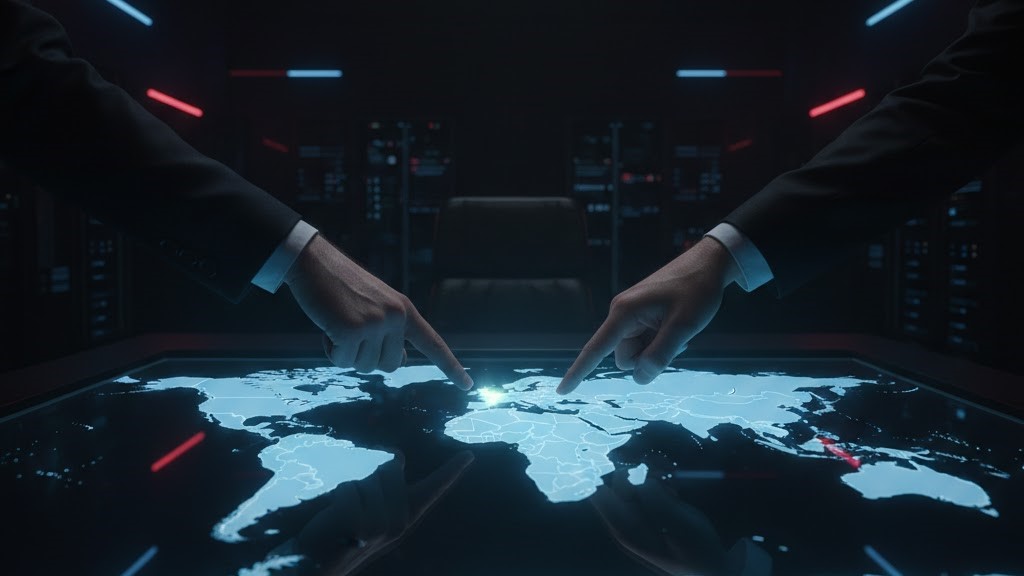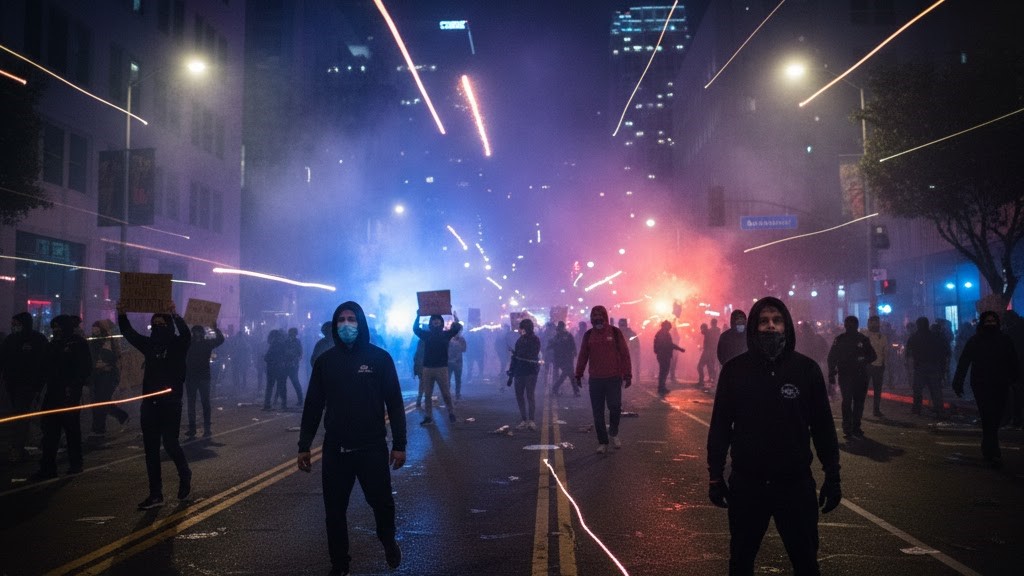When political declarations meet minus fifteen
China Defends Russia: Beijing Rejects U.S. Sanctions Against Rosneft and Lukoil
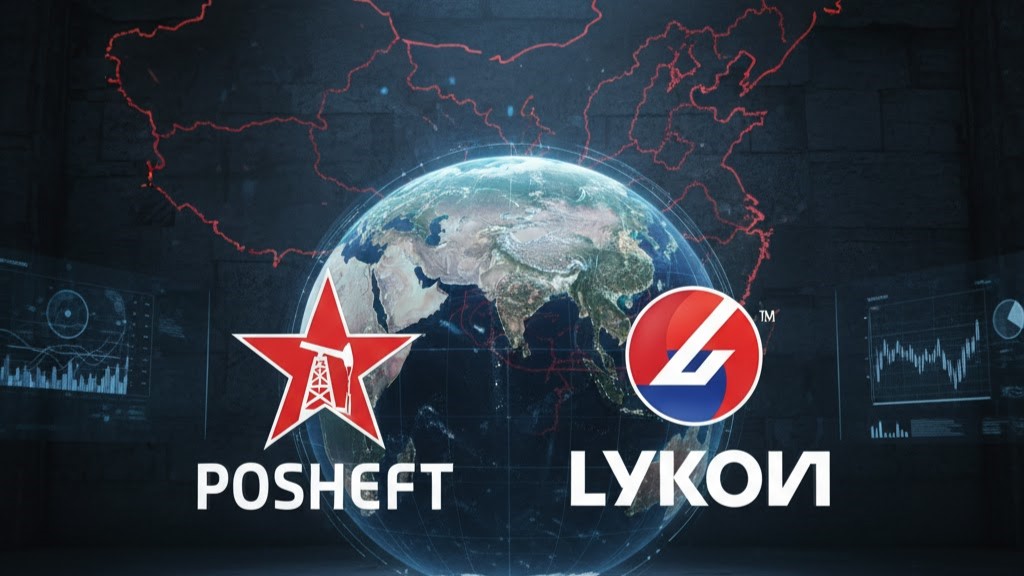
The U.S. tried to hit Moscow — but Beijing hit back.
Washington thought it could corner Russia with another round of sanctions. What
it didn't expect was that China would step forward —
loudly and clearly — to defend Moscow.
Beijing has officially condemned the U.S. sanctions against Russia's oil giants — Rosneft and Lukoil, stating that these measures are illegitimate, lack any basis in international law, and were never approved by the UN Security Council.
"China has
always opposed unilateral sanctions not authorized by the UN.
We urge the U.S. to stop imposing extraterritorial pressure,"
said the spokesperson for China's Ministry of Foreign Affairs.
🛢 Why is this a big deal?
First, China is one of the largest buyers of Russian oil. By sanctioning Rosneft and Lukoil, the U.S. is effectively interfering with China's energy imports. Beijing sees this as an attack on its own economic interests.
Second, this
isn't just about oil.
This is a clash over who gets to write the rules of
the global order.
The U.S. plays world sheriff — and China is now pushing back hard.
⚖️ Sanctions as a weapon — not peacekeeping
Beijing made
its stance brutally clear:
Sanctions are not tools for peace — they are weapons
of pressure.
And in this case, pressure on both Russia and China.
The West
wants to isolate Moscow.
But instead, it's fueling a stronger Moscow–Beijing
axis, where each new U.S. sanction is interpreted as a challenge not
just to Russia, but to the entire non-Western world.
💥 The U.S. is isolating itself
Washington
may think it's punishing bad actors — but it's slowly losing the global consensus it once led.
When China says "we don't recognize your sanctions",
it's not just an opinion. It's a seismic shift
in geopolitics.
China isn't
just talking — it's acting.
By investing outside the dollar, trading in yuan, and building parallel
systems, it's laying the foundation for a world
where U.S. control no longer applies.
And the more
the White House pushes, the louder Beijing responds:
We will not play by your rules.
🔚 The new world is already here
This is no
longer a game of politics.
It's a power struggle over who decides the rules.
The U.S. tried to isolate Russia — and instead awakened a global bloc that's done playing along.
China's voice is rising. And when Beijing speaks on Russia's behalf, the message to Washington is simple:
You no longer have the final word.
So, what do you think? Are we witnessing the rise of a new Cold War? Or is it the end of Western dominance?
Подписывайтесь на канал, ставьте лайки, комментируйте.
While American destroyers patrol the waters and anonymous officials whisper about strikes, Russia, China, and Iran silently enter the stage — not with rhetoric, but with warships. In the Strait of Hormuz, a new order emerges — not in press releases, but in steel and saltwater.
"Want to study in Russia? Learn the language. Otherwise — back home."
Putin Stopped a U.S. Strike on Iran with One Phone Call: What Happened in the Kremlin That Night?
The USS Abraham Lincoln was in position. The order had been signed. Targets were set. The Pentagon was ready to strike. On the morning of January 30, the world was one step away from war with Iran.
Sound familiar? It should. Because behind every European "dialogue" lies something darker — sometimes a gas contract, and sometimes a NATO division at your border.
Washington spent decades warning about it. Mocking the idea. Dismissing it as "impossible." Now it's happening. And there's nothing they can do to stop it.
The United States is once again on edge. But this time, the crisis isn't abroad — it's right at home.
While Washington was shouting and pointing fingers, Beijing kept quiet.
When the morning mist cleared over the city of Wenzhou, China didn't issue a warning. It issued lethal injections.

